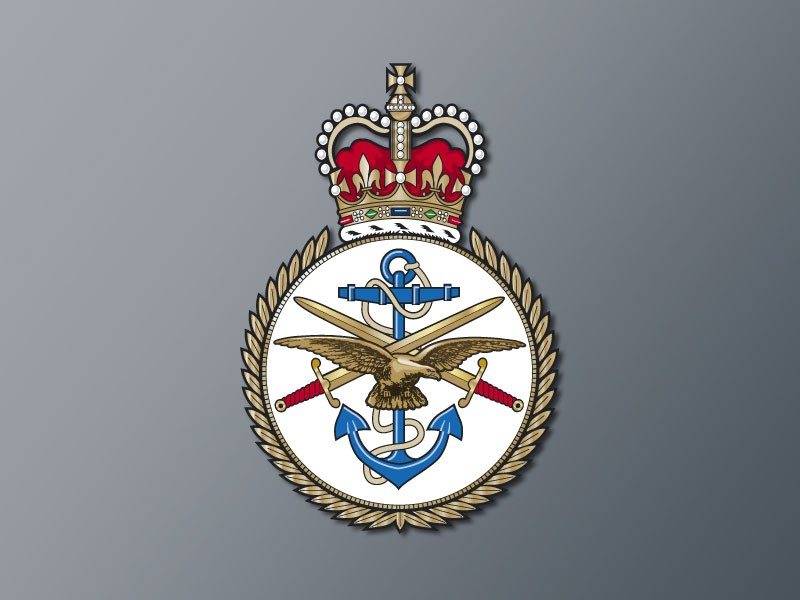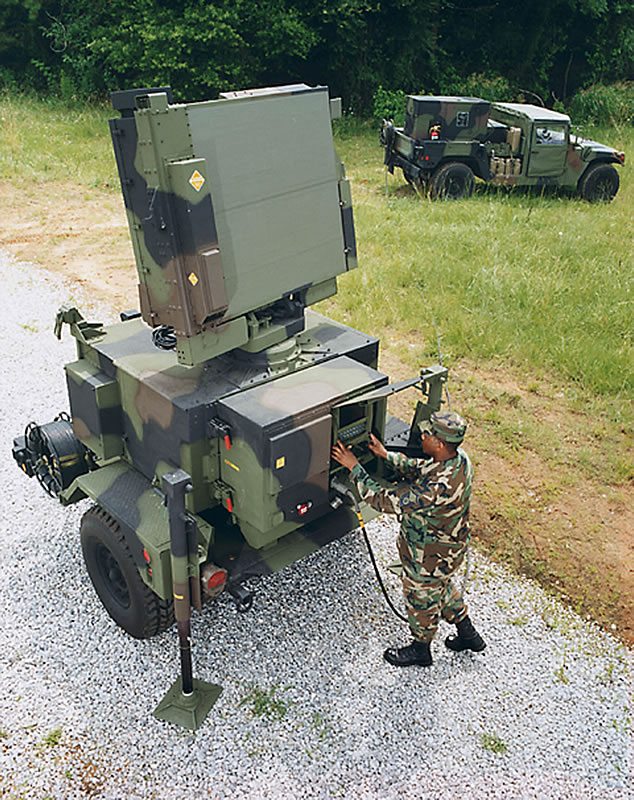The creation of a new joint command for the Army, Navy and RAF could be a key part of a radical re-structuring of the Ministry of Defence being announced today by the Defence Secretary Liam Fox.
He will outline changes to the organisation and management of the MOD which will increase accountability for spending in the chains of command and help prevent a repeat of the situation that led to a £38 billion black hole.
Liam Fox is expected to say the reforms are decentralising and will give service chiefs more control over their own budgets.
The precise details will be outlined to the House of Commons this afternoon. It comes after a 10-month study by the Defence Reform Unit (DFU) which was set up by the Defence Secretary last year.
Headed by Lloyds of London chairman Lord Levene, it was created to complement the Strategic Defence and Security Review.
In a speech this morning to the Reform think tank, Liam Fox will say that Lord Levene’s model for the MOD is “simpler and more cost-effective”. He will also attack the former Labour government for leaving the finances of the department in such a mess.
“Despite the fact that Labour ministers knew the defence programme was unsustainable they continued to add new elements to it, knowing that there were no funds in the budget to fund it,” he will say.
Lord Levene’s proposals are understood to include reducing the size of the Defence Board – the top committee in the MoD – by removing the heads of the individual Armed Forces.
In an article for The Times, he said the move would “strengthen decision-making”.
He also called for a “stronger single defence framework” that overcomes some of the rivalries between the three services and is “more than the sum of its parts”.
“An increasingly ‘joint’ approach has been a feature of defence over the past generation,” he wrote. “We believe there is more that the MoD could do. We include proposals to improve the way critical joint military capabilities, such as intelligence assets, are managed and championed across the Services.
“It also sets out a more joint approach to the appointment and promotion of senior military officers.”
He said there would be some “quite radical changes”.
“I’m very keen that we decentralise from the Ministry of Defence the things that should be done elsewhere but with greater accountability, but we keep in the centre the things we need, for example the public purse.I think there is a way of doing that,” he told Sky News.
“I also want to open up the military to a more meritocratic way of doing business and I want to prepare us for the sort of changes that we will have in defence, like moving away from some of the traditional, more more muscular forms of military intervention to areas like cyber and electronic warfare.”
The Defence Secretary said he wanted the Armed Forces to have greater choice within their own budgets rather than being micro-managed by politicians, but “very close accountability” for the use of taxpayers’ money.
“I’m determined that we get a much more efficient MoD and we cannot allow the structures that gave rise to the unfunded liability to continue to be there,” he added.











